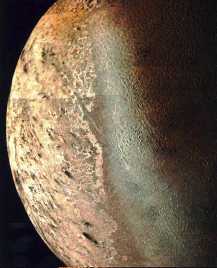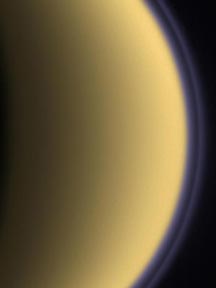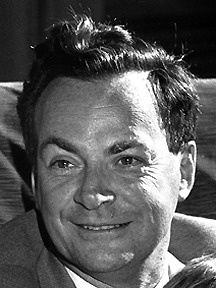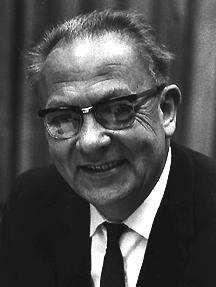Portrait of Gerard Kuiper
University of Arizona, Deparment of Planetary Sciences
Gerard Kuiper
Gerard Kuiper was an American astronomer who lived between 1905-1973. He is considered the father of modern planetary science for his brilliant study of our solar system.
Kuiper developed new techniques of looking at the sky, and discovered a moon of Neptune and Uranus. He also found that Titan had an atmosphere similar to our own.
You might also be interested in:

What types of instructional experiences help K-8 students learn science with understanding? What do science educators teachers, teacher leaders, science specialists, professional development staff, curriculum designers, school administrators need to know to create and support such experiences?
...more
Neptune has // Call the moon count function defined in the document head print_moon_count('neptune'); moons. It also has rings, but its rings are different from Saturn's. Neptune's largest moon is named
...more
The atmosphere of Titan is made mostly of nitrogen (80-90%), just like the Earth's atmosphere! Titan is the only other place in the solar system with an atmosphere made out of the same thing as the Earth's.
...more
Richard Feynman was an American physicist who lived between 1918-1988. He is famous for his contributions in building the first nuclear bomb and for his work in understanding the way electrons behave.
...more
Stephen Jay Gould was an American biologist who was born in 1941. He revised Darwin's theory of evolution, showing that it isn't the gradual process everyone had thought. Gould was a professor at Harvard
...more
Evelyn Granville is an American mathematician who was born in 1924. She was one of the first black women in the United States to receive a Ph.D. in mathematics. She has helped NASA's Space Shuttle program
...more
Stephen Hawking is an English physicist who was born in 1942. He is famous for his work on black holes. Hawking suffers from a very serious illness and is confined to a wheelchair, unable to speak. He
...more
Gerard Kuiper was an American astronomer who lived between 1905-1973. He is considered the father of modern planetary science for his brilliant study of our solar system. Kuiper developed new techniques
...more














